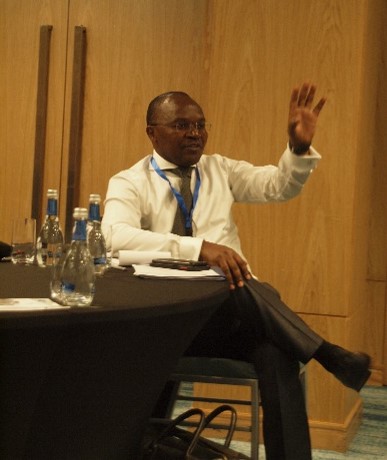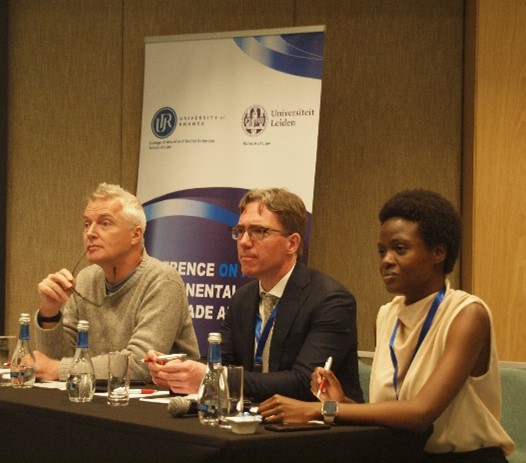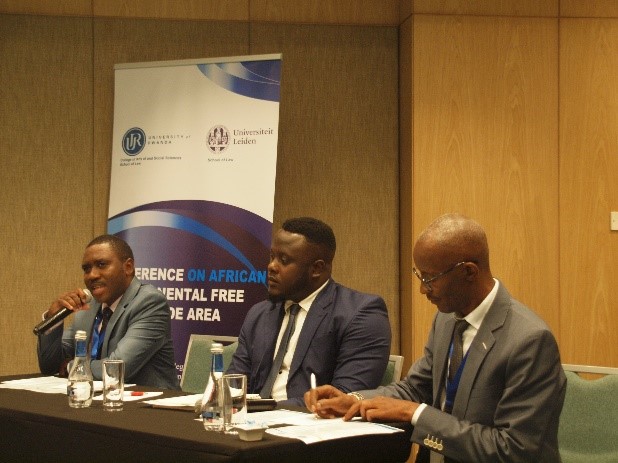
What should a confederal constitution for the EAC look like? And what are the legal challenges for making the African Free Trade Area (AfCFTA) work? And what insights can be drawn in this context from the successes and failures in the EU
On the 12th of May the University of Rwanda, together with the University of Leiden's Jean Monnet Centre for Comparative Regional Integration (CompaRe) and the Europa Institute of Leiden Law School organised a Roundtable Conference on the Constitutional Process in the East African Community and the African Continental Free Trade Agreement in Kigali.
Speakers included the Rwandan Minister of the Department of Justice, Emmanuel Ugirashebuja, the Vice Chancellor of the University of Rwanda, and the Dean of the University of Rwanda Law School, as well as eminent scholars and practitioners on regional integration in Africa and Europe. The conference was also the steppingstone for the creation of a research programme on the AfCFTA at the University of Rwanda Law School, in collaboration with CompaRe.
Sessions considered the gaps and weaknesses in the legal machinery behind a East African Confederation and the Continental Free Trade Agreement. Attempts were made to integrate the existing priorities from business and governance perspectives in the infrastructure of integration so as to facilitate the practical adoption of the new instruments.
The Conference was co-funded by the Erasmus+ programme of the European Union.









